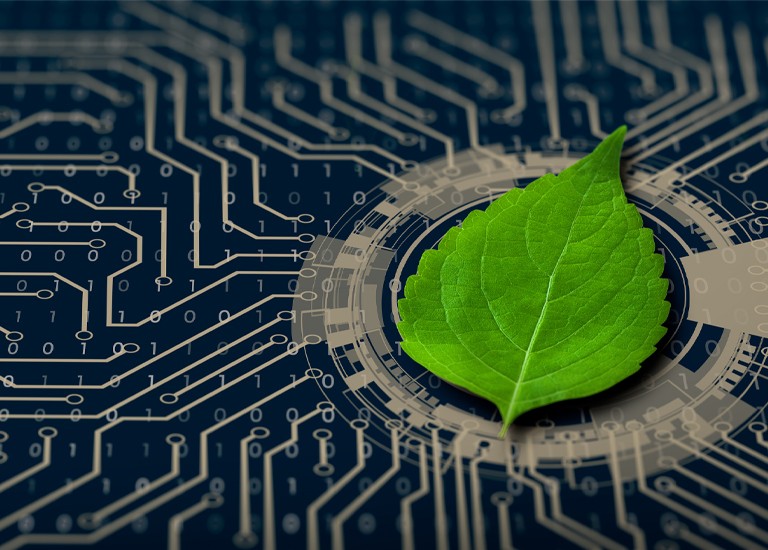Clean technology continues to be a rapidly developing field of innovation spurred by people’s desire for cleaner, more environmentally friendly technology.
 Clean energy technologies produce fewer pollutants and reduce the emission of greenhouse gases.
Clean energy technologies produce fewer pollutants and reduce the emission of greenhouse gases.
Clean energy innovations within renewable energy technologies include:
- Advanced materials-catalysts
- Automobiles (plug-in and/or hybrid)
- Battery systems (lithium ion)
- Biofuels and biodiesels
- Biomass generation
- Clean air
- Conventional fuels
- Energy efficiency
- Energy storage
- Fuel cells and hydrogen production/storage
- Geothermals
- Hydro and marine power
- Nuclear systems
- Recycling and waste
- Smart grids
- Solar (photovoltaics)
- Transportation
- Water and wastewater treatment
- Wind turbines
We assist established companies, start-ups, venture capitalists, and investors in assessing and investing in emerging clean energy technologies. Our clients benefit from our education and valuable industry experience. Many members of our legal staff have earned advanced technical degrees and have gained valuable industry experience in chemistry, material sciences, computer science, physics, as well as chemical, electrical, mechanical, and genetic engineering.
Hamilton Brook Smith Reynolds has been active in serving clients in the clean technology field, striving to obtain the best protection available through incisive assessment and procurement of intellectual property rights. We have assisted clients in obtaining patents on modeling thermophysical properties of biodiesel feedstock, enabling process modeling and optimization of biodiesel production. Employing nanotechnology in catalysis applications, we have also aided clients in filing patent applications on metal-oxide nanorod structures on ceramic monoliths with higher surface area and greater resistance to high-velocity flow erosion than existing automotive exhaust catalytic converters. We have prosecuted national stage applications on photovoltaic cells and methods of making such cells with improved control over the thickness of the functional layers of the cell. We have helped clients obtain patents in water dam technologies and proton exchange membrane hydrogen fuel cells with associated on-demand hydrogen generation devices.
Our litigation experience includes:
- Defended a patent infringement action involving oil refinery technology in the U.S. District Court for the Southern District of Texas. After summary judgment of patent invalidity was affirmed on appeal, the patent owner paid our client a high six-figure amount toward its litigation defense costs. We also identified insurance policies which led to our client’s receiving a further mid-six figure amount toward its litigation defense costs.
















